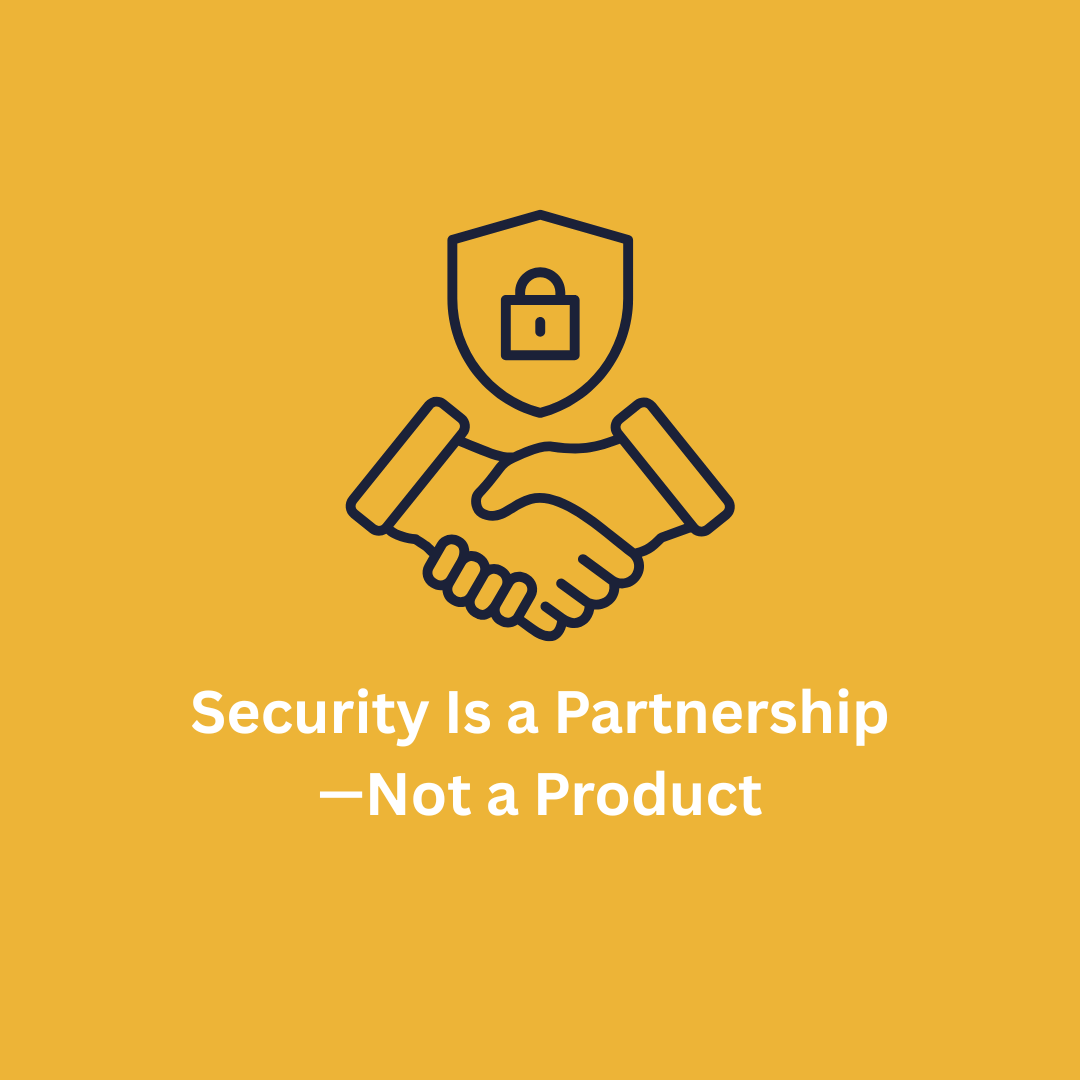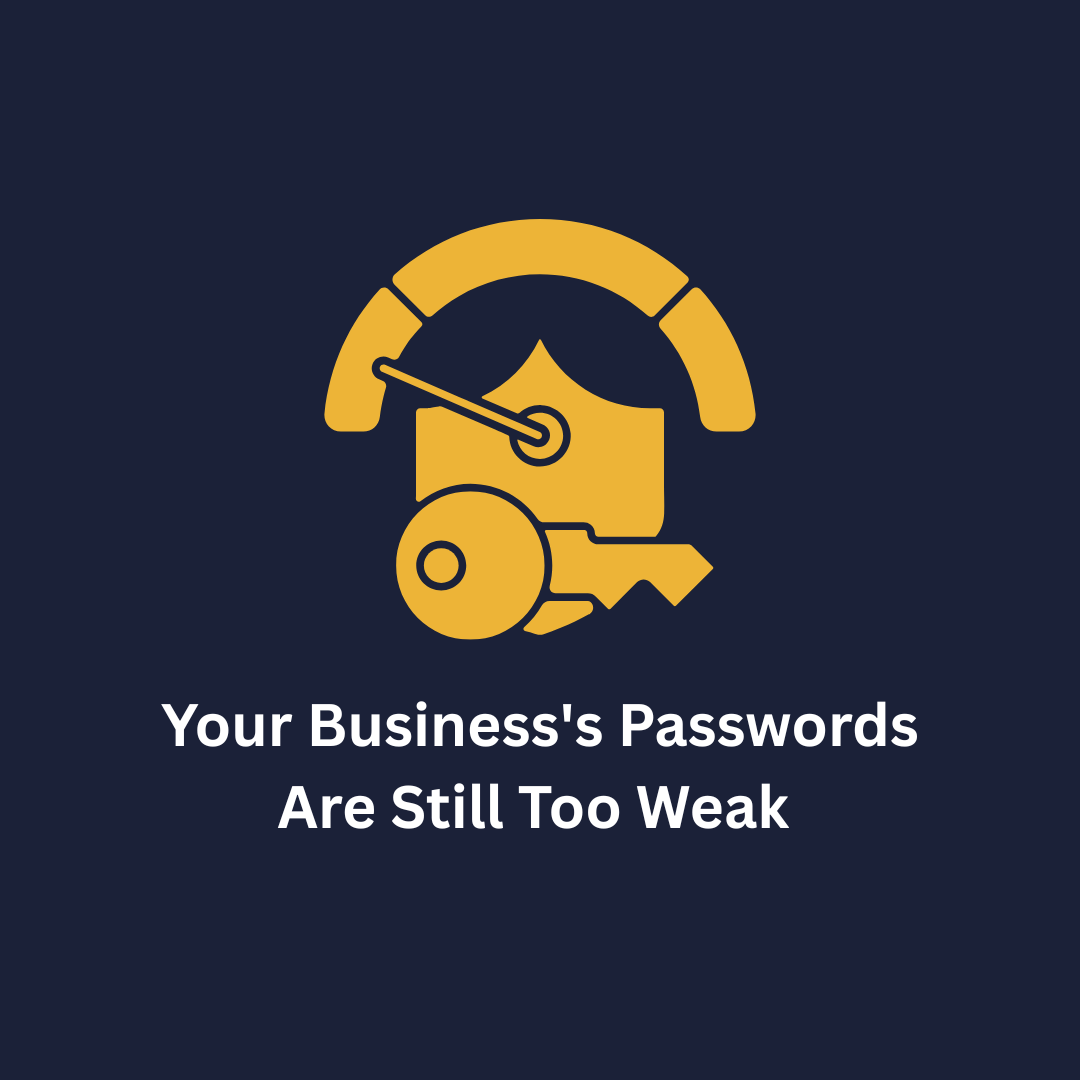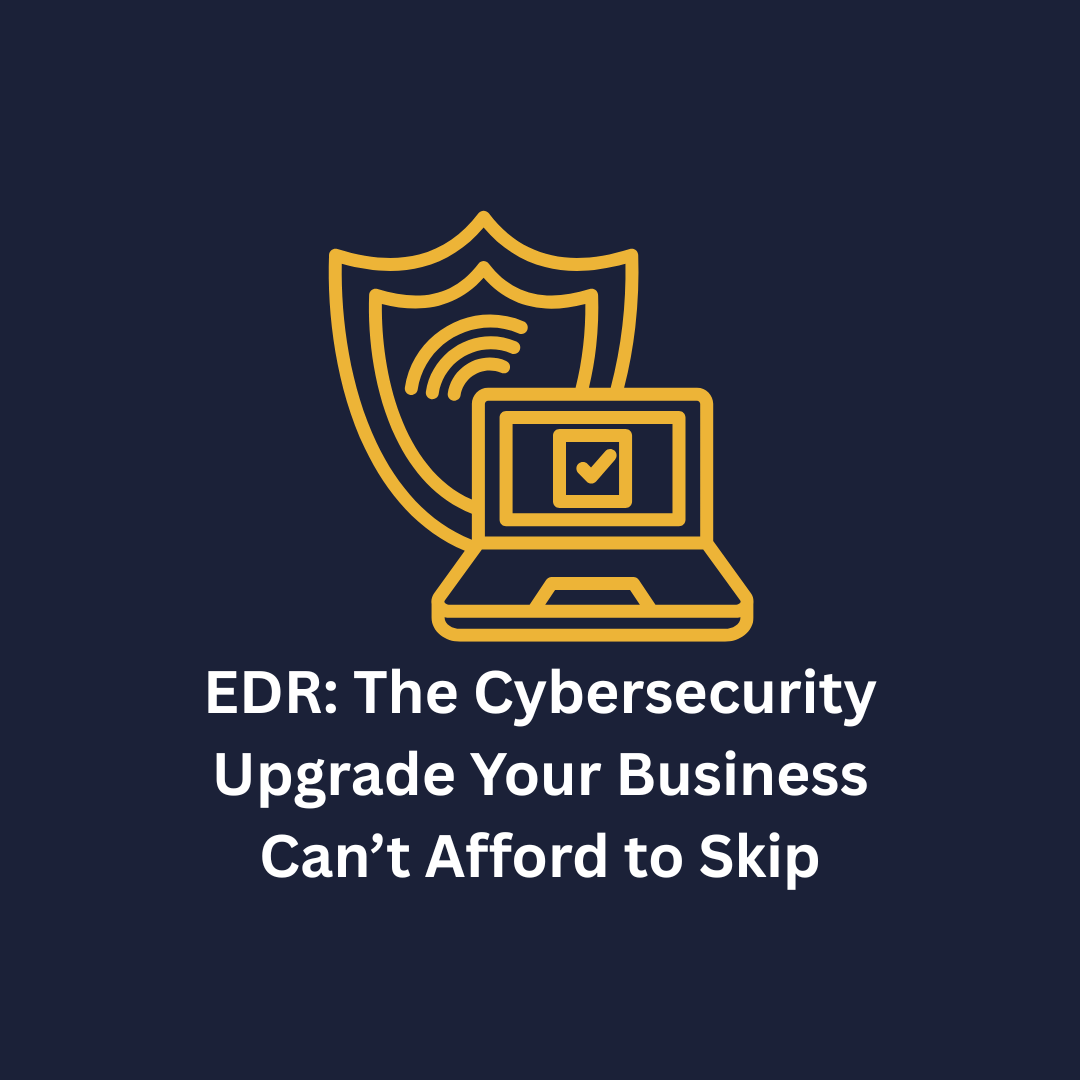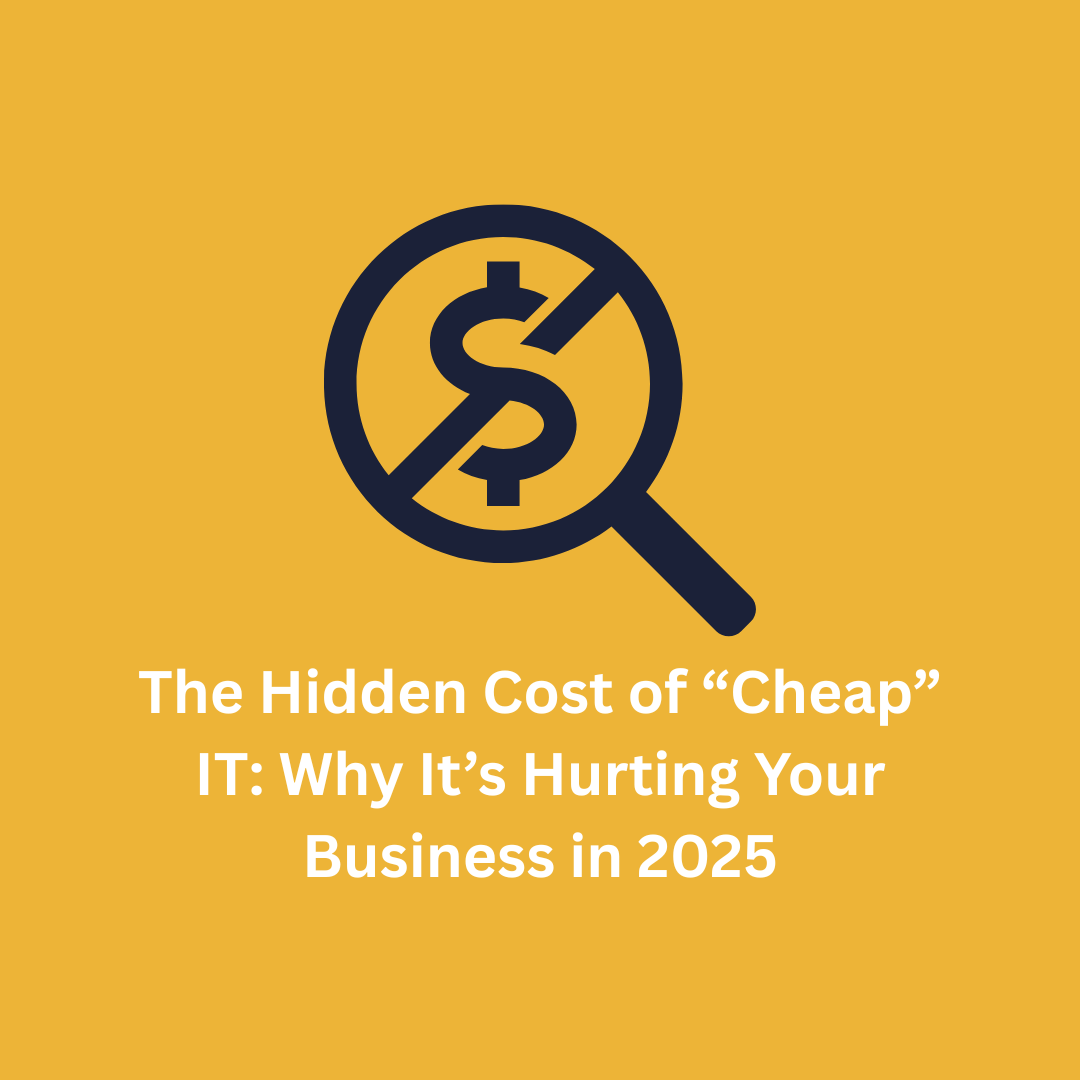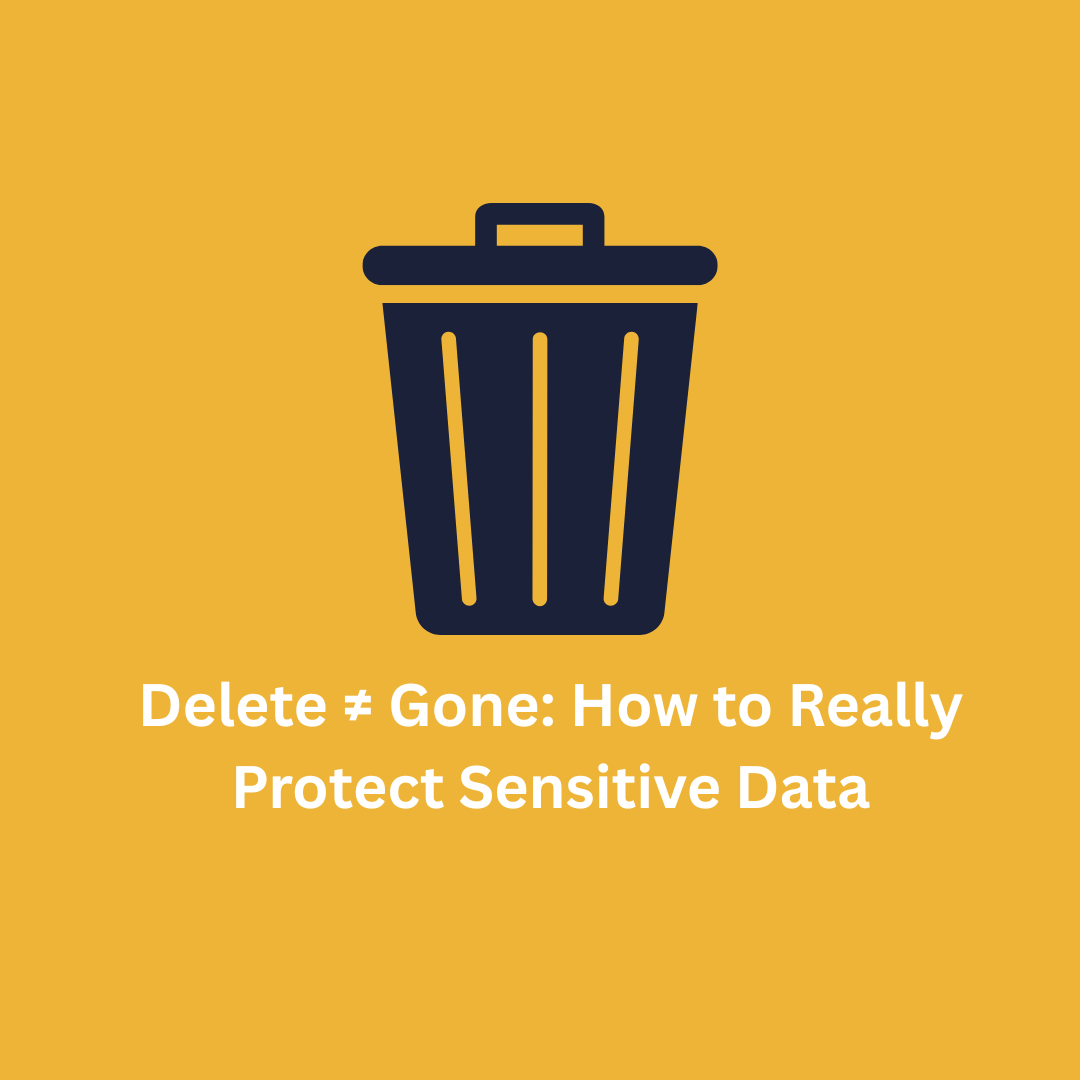How Websites Use and Share Your Data — And How to Protect It
Practical tips for both businesses and everyday users
Every time you load a webpage, data is being collected. Sometimes it’s simple, like your IP address or browser type. Other times it’s much more personal — your name, email, purchase history, or even payment details.
For home users, this can mean more targeted ads, social media tracking, and potential privacy risks.
For businesses, this means managing customer data responsibly — or risking fines, breaches, and loss of trust.
Understanding how websites gather, use, and share data is the first step in protecting yourself (and your customers) in today’s digital world.
________________________________________
What Kind of Data Is Collected?
Websites collect information in several ways:
• Cookies — Track activity across websites to remember logins, preferences, and browsing behavior.
• Forms & Clicks — Capture what you type, click, or submit.
• Analytics Tools — Measure time on site, page views, and other engagement details.
There are two main types:
• First-party data — Collected directly by the site you’re visiting (e.g., order history).
• Third-party data — Gathered by outside companies (like Google or Facebook) through embedded trackers across multiple sites.
________________________________________
The Risks of Data Sharing
• For home users — Detailed personal profiles can be built without your full awareness, increasing targeted ads, scams, and identity theft risks.
• For businesses — Mishandling customer data can cause security breaches, regulatory violations (GDPR, CCPA, etc.), and serious reputational damage.
Data sharing can happen through:
• APIs and software integrations
• Advertising networks
• Cloud storage and SaaS tools
________________________________________
Best Practices for Data Protection
If you’re a home user:
• Use privacy-focused browsers (like Brave) or extensions (like uBlock Origin) to block trackers.
• Regularly review privacy settings on your devices and accounts.
• Avoid oversharing on social media.
• Use strong, unique passwords with a password manager.
•Consider a VPN for encrypted browsing.
If you’re a business owner:
• Be transparent — publish clear privacy policies and get consent before collecting data.
• Minimize data collection — only store what you truly need.
• Secure storage — encrypt data in transit and at rest.
• Regular compliance checks — ensure you meet GDPR, CCPA, and other local laws.
• Give customers control — allow them to download, edit, or delete their information.
________________________________________
Why This Matters More Than Ever
With AI, targeted advertising, and cloud services becoming more sophisticated, both individuals and organizations face higher stakes when it comes to privacy.
• Home users can face identity theft, financial fraud, or invasive tracking.
• Businesses can face legal penalties, data breaches, and public backlash.
The good news? Proactive steps now can significantly reduce your risk.
________________________________________
Honorbound IT: Your Partner in Data Privacy
Whether you want to protect your personal information or ensure your business handles customer data responsibly, we can help.
We provide:
• Compliance consulting for small to mid-sized businesses
• Secure infrastructure design
• Employee cybersecurity training
• Personal device security recommendations for home users
📞 Call 877-686-6642 to get a personalized privacy assessment.

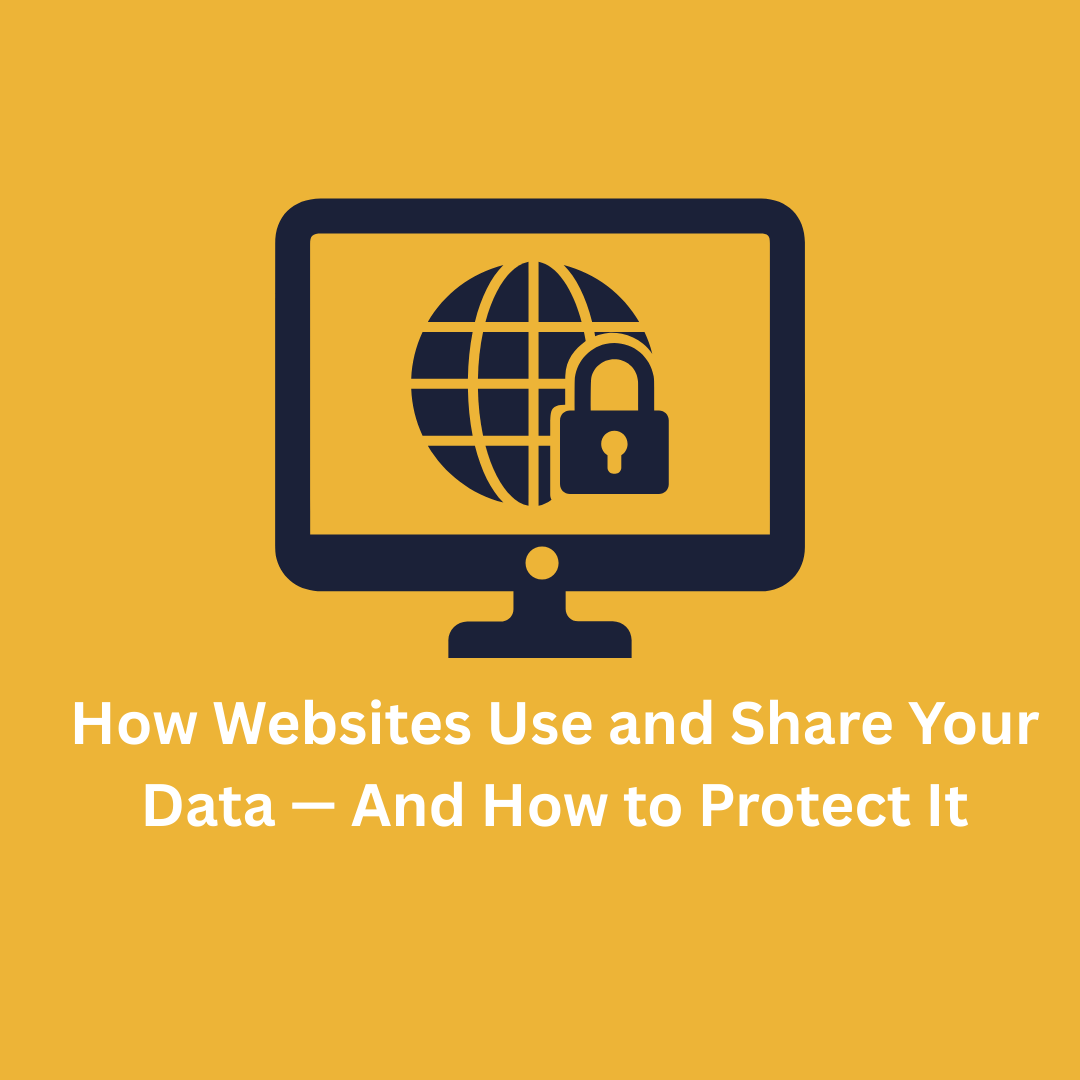
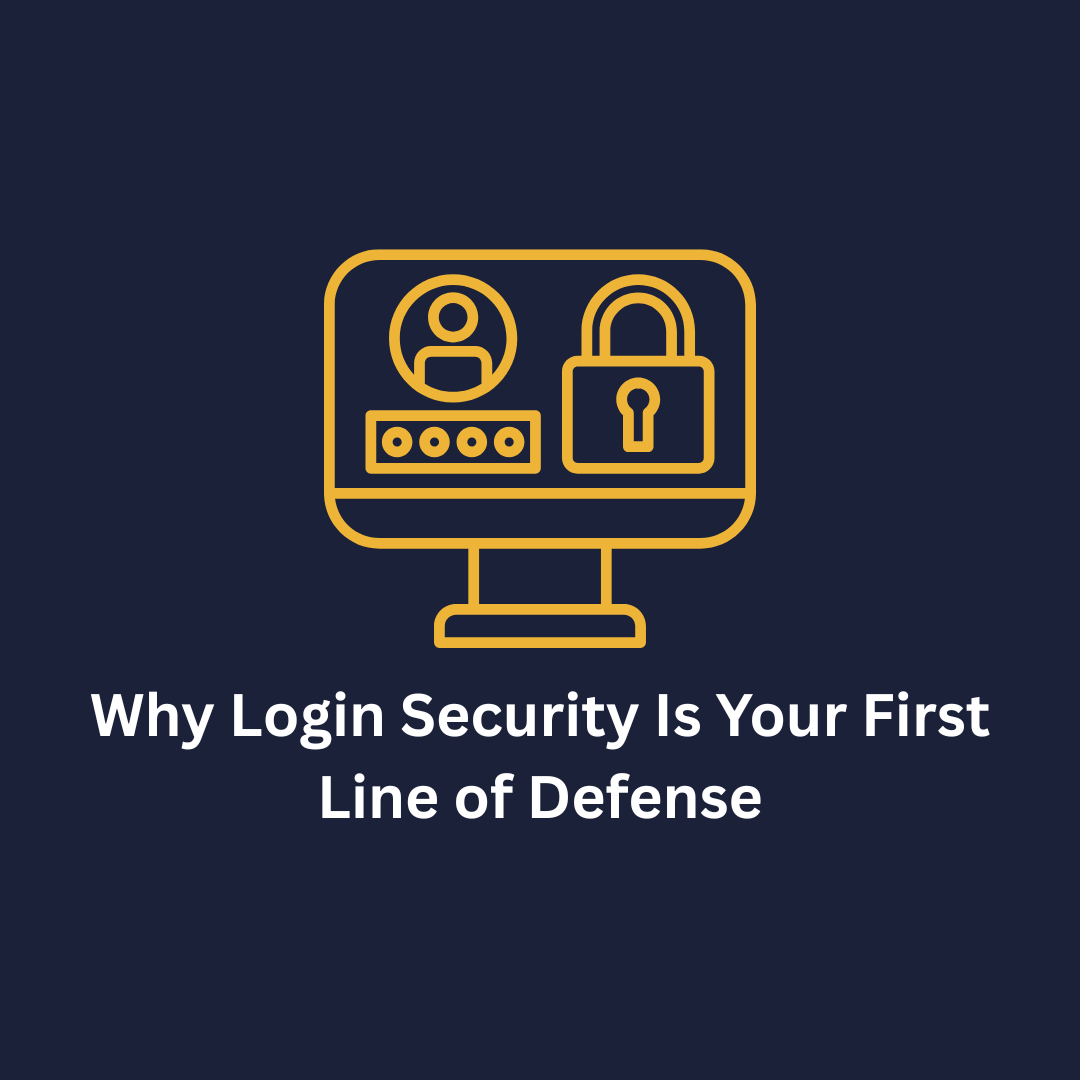
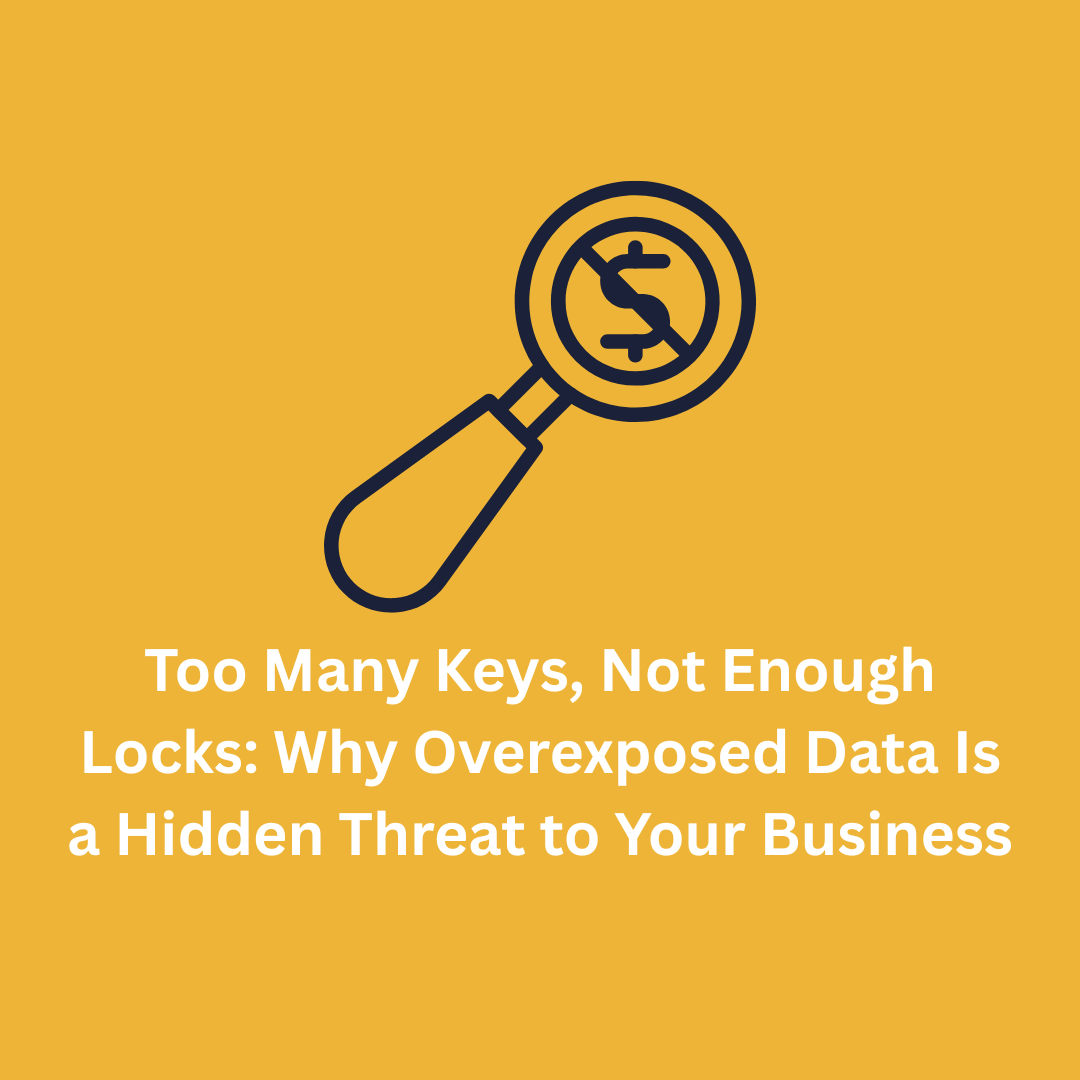
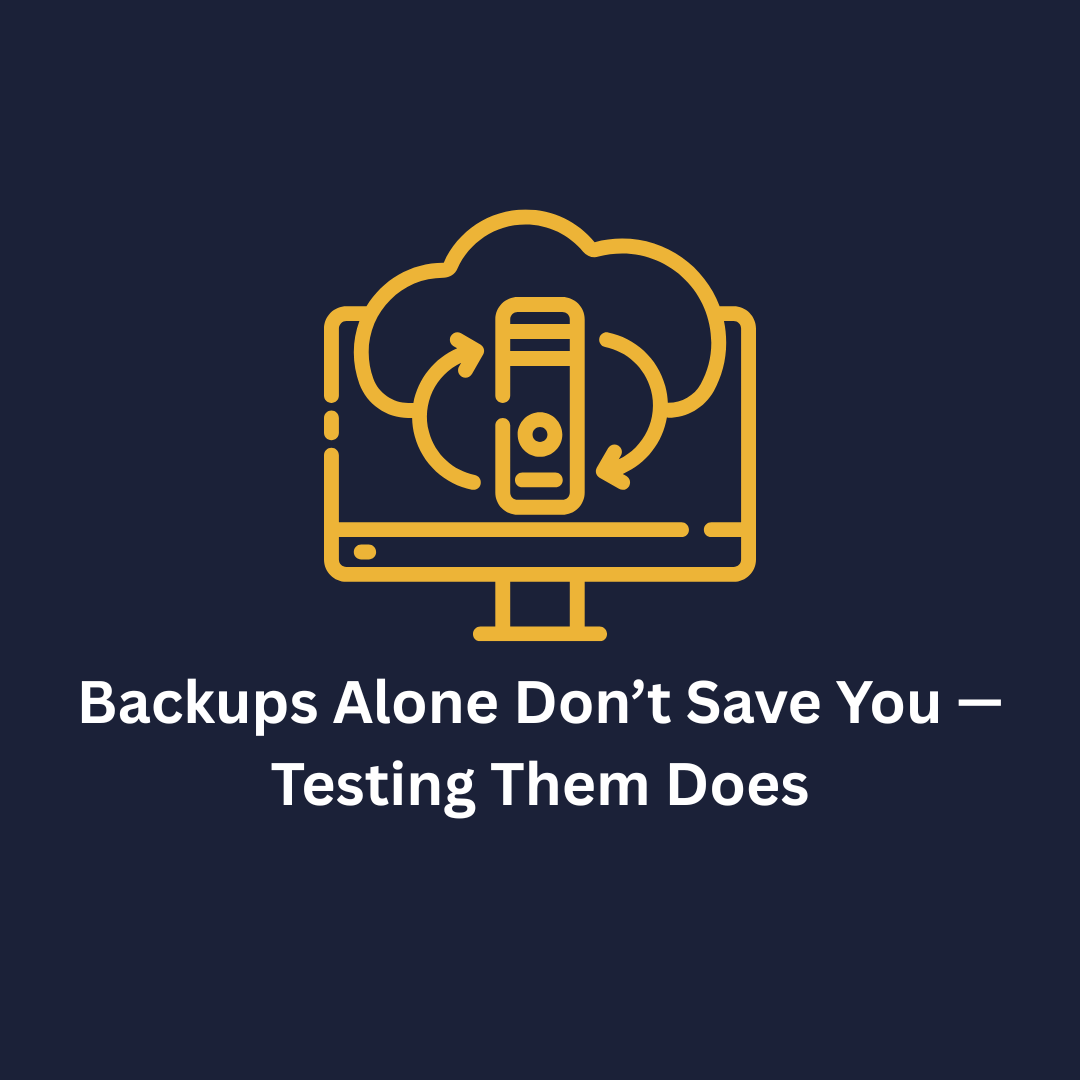
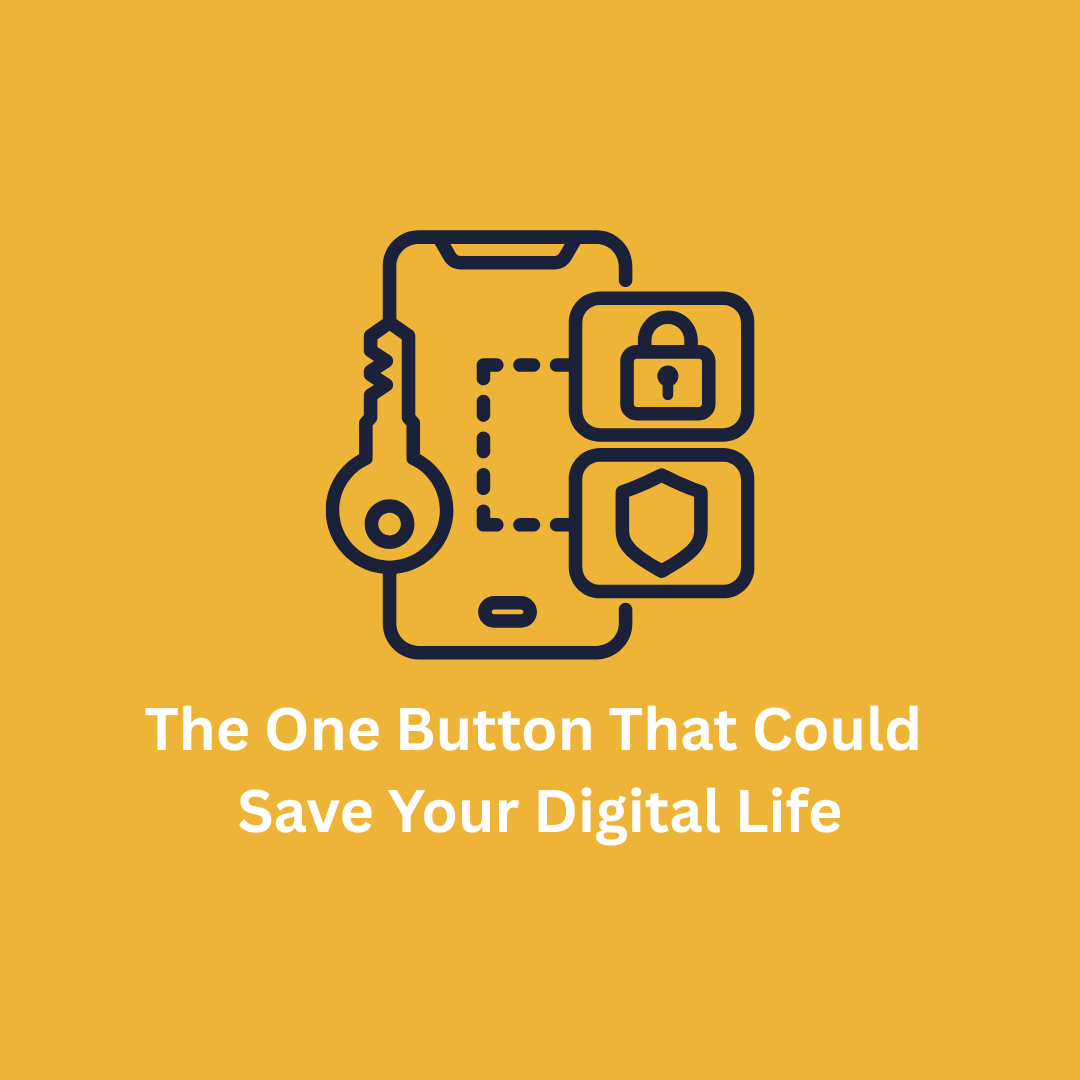


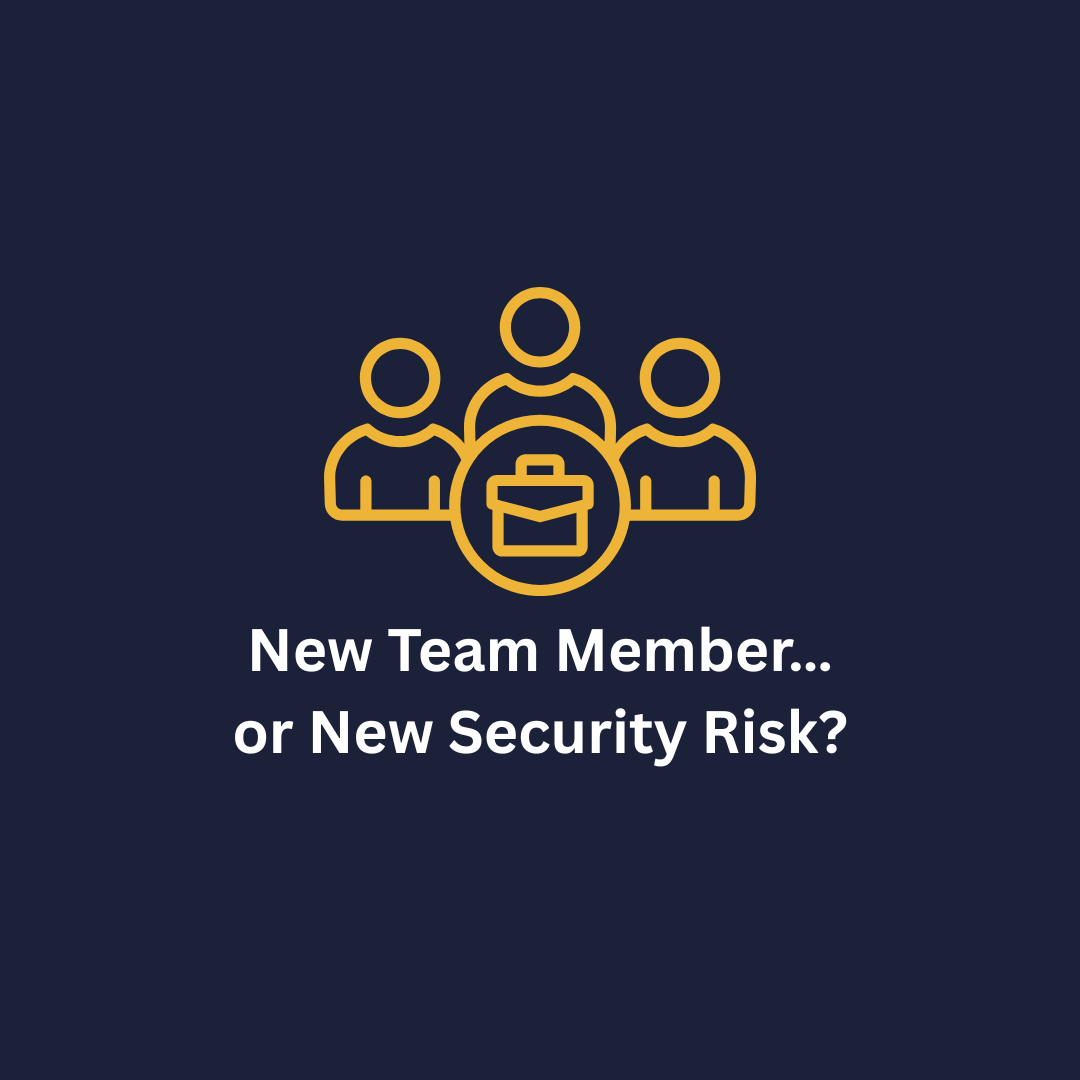
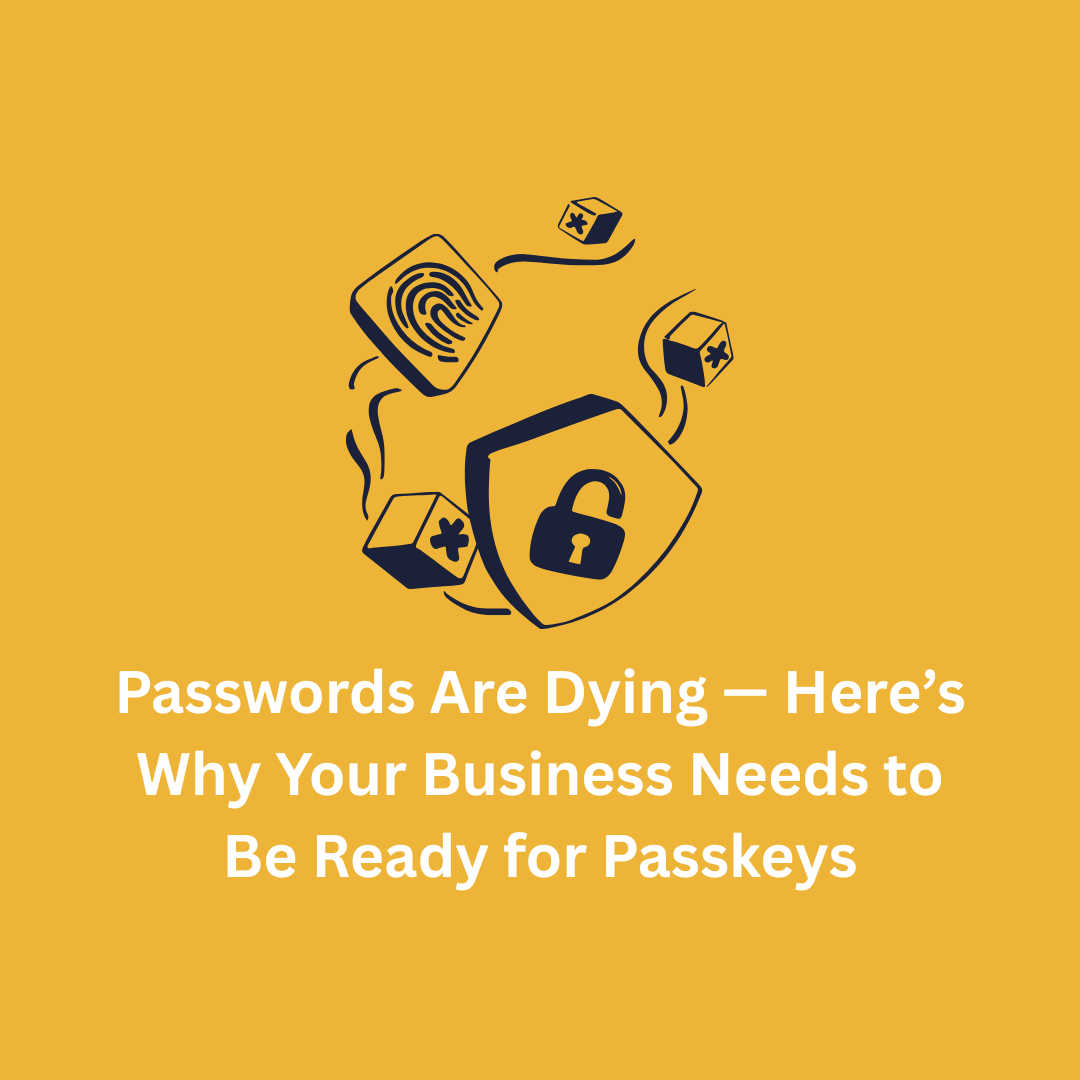
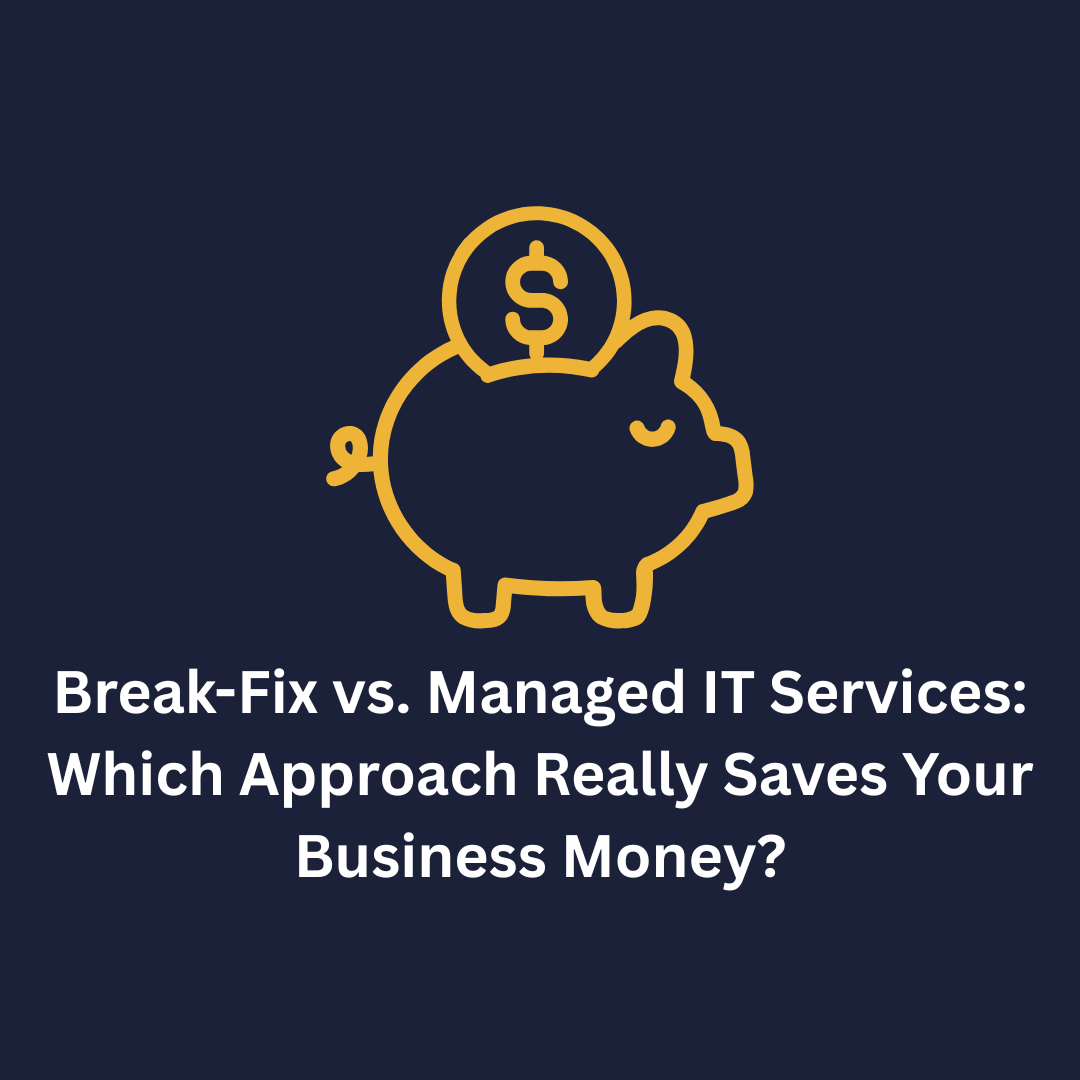



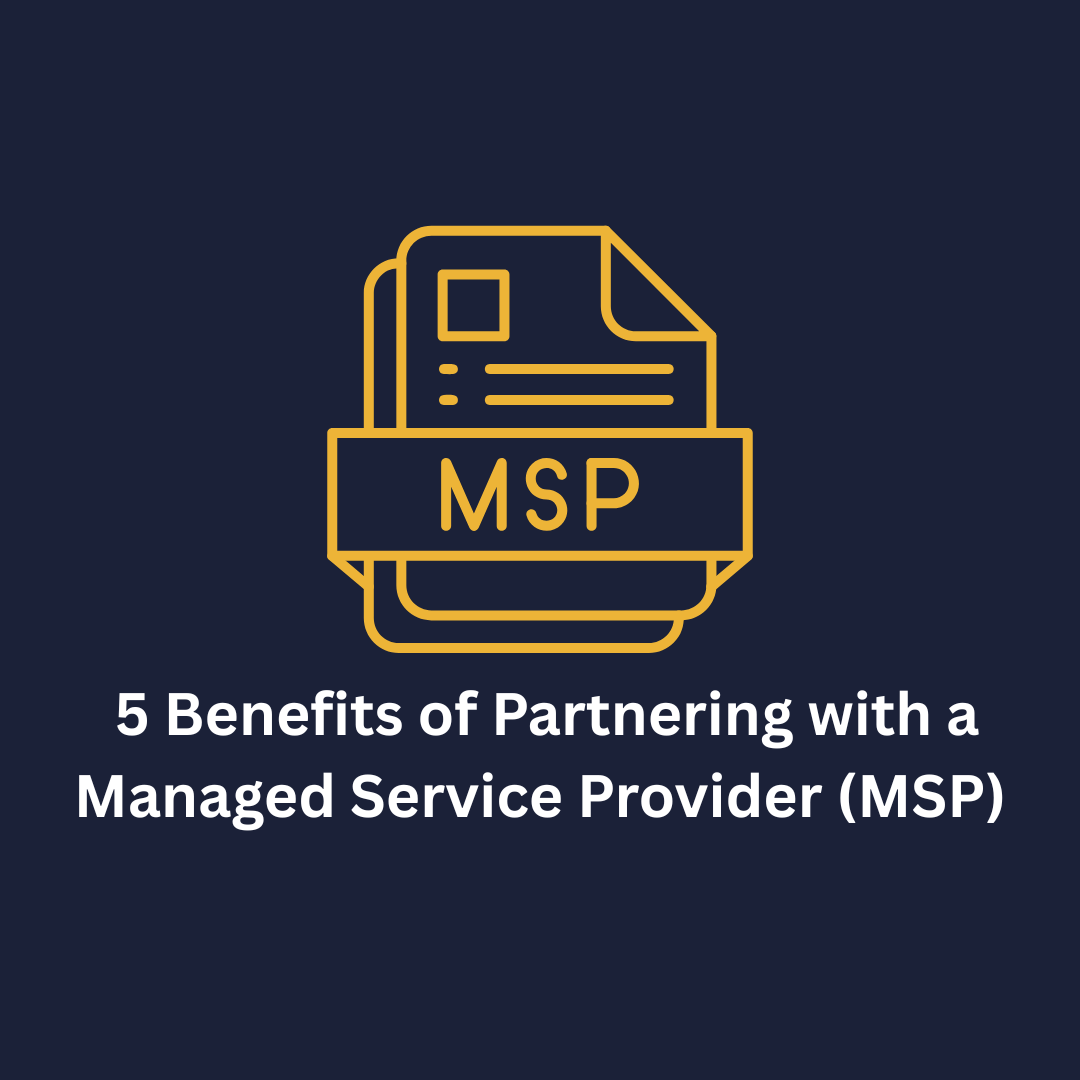
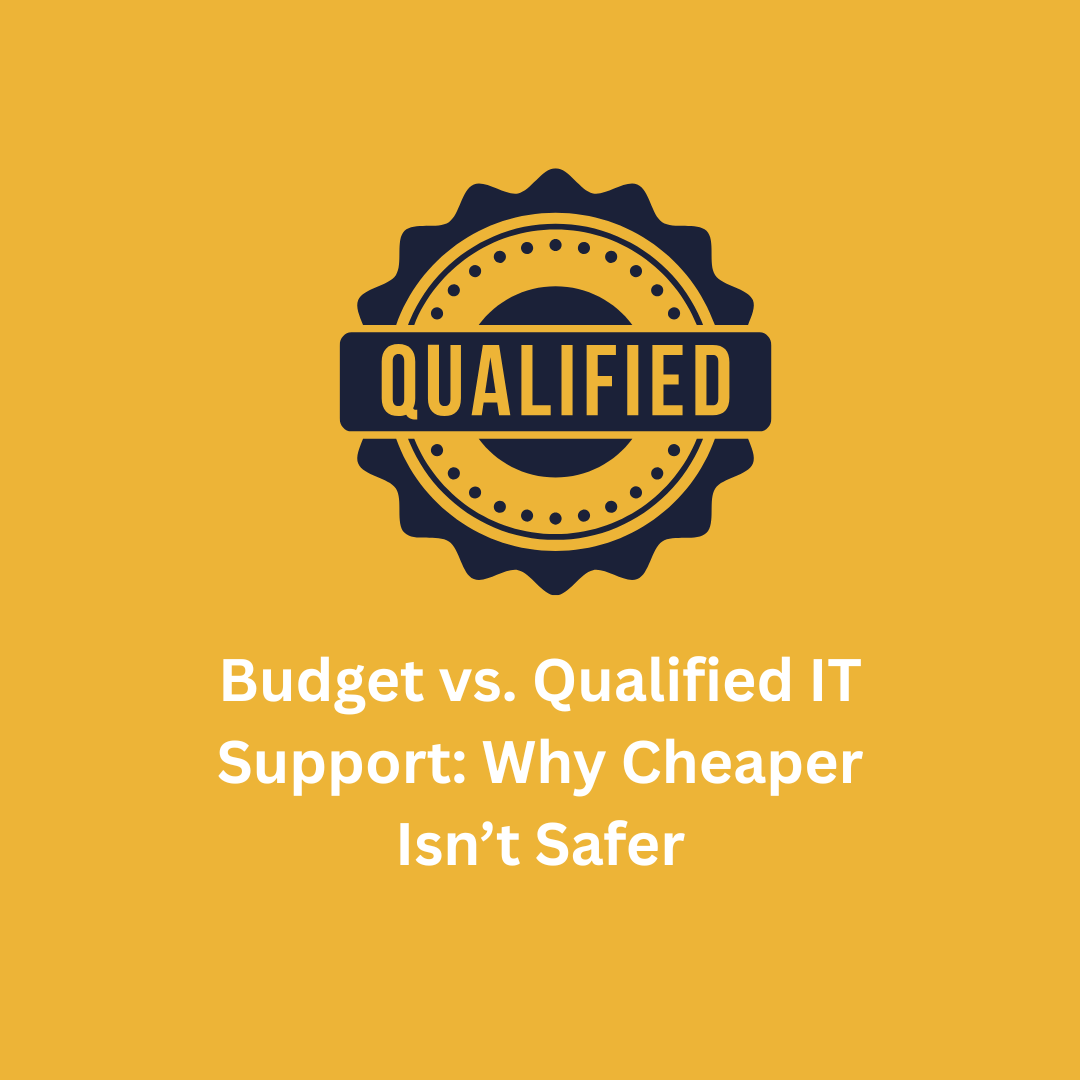


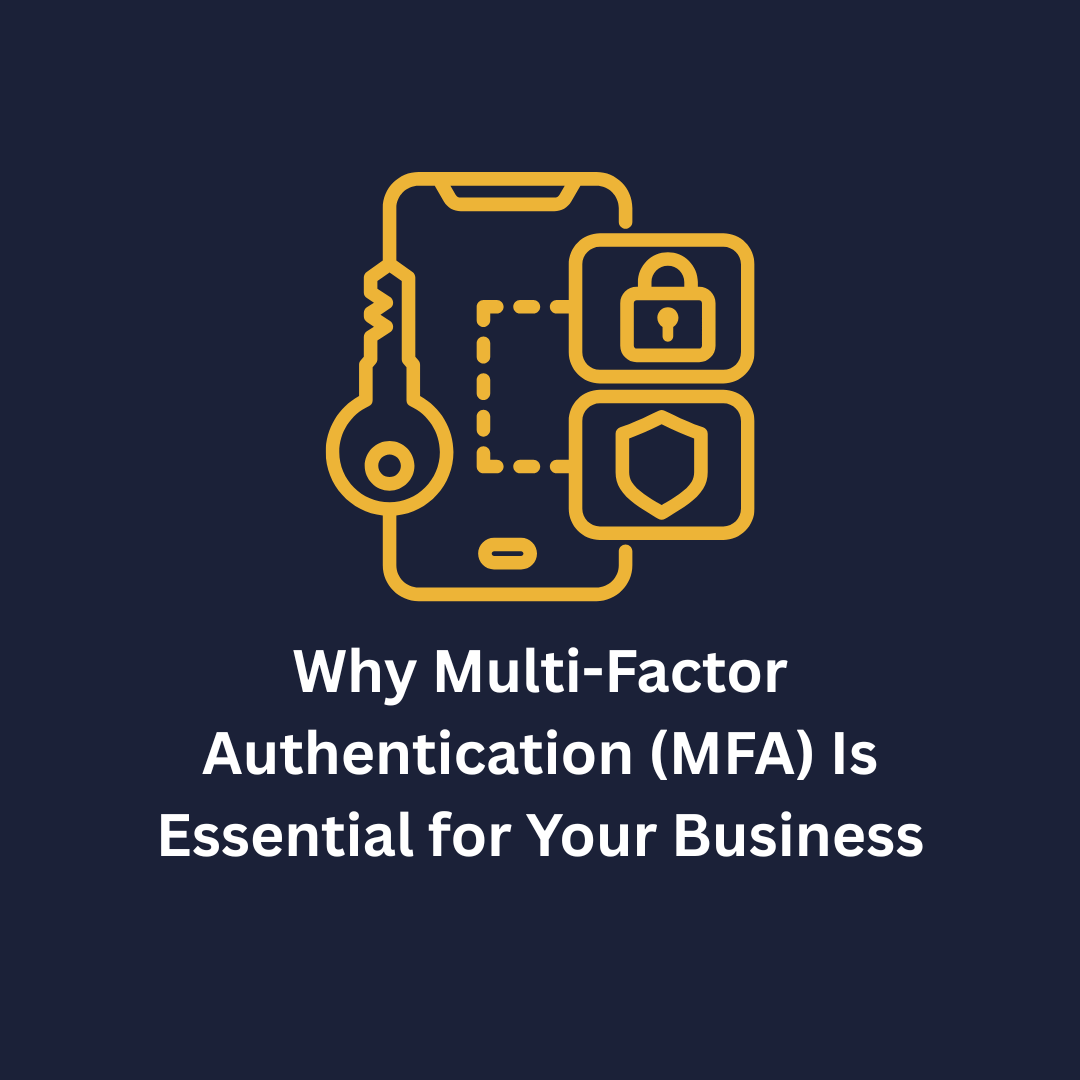
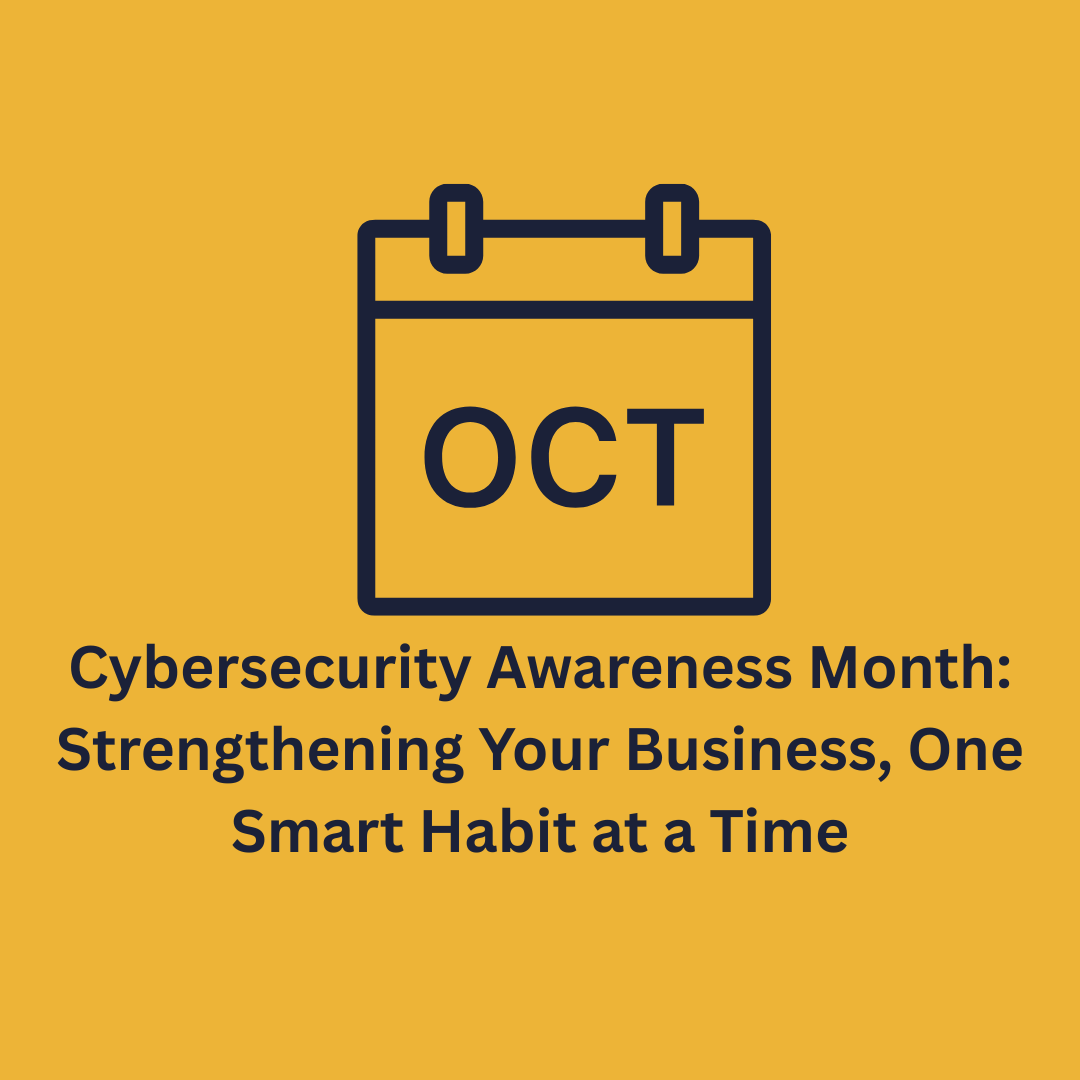
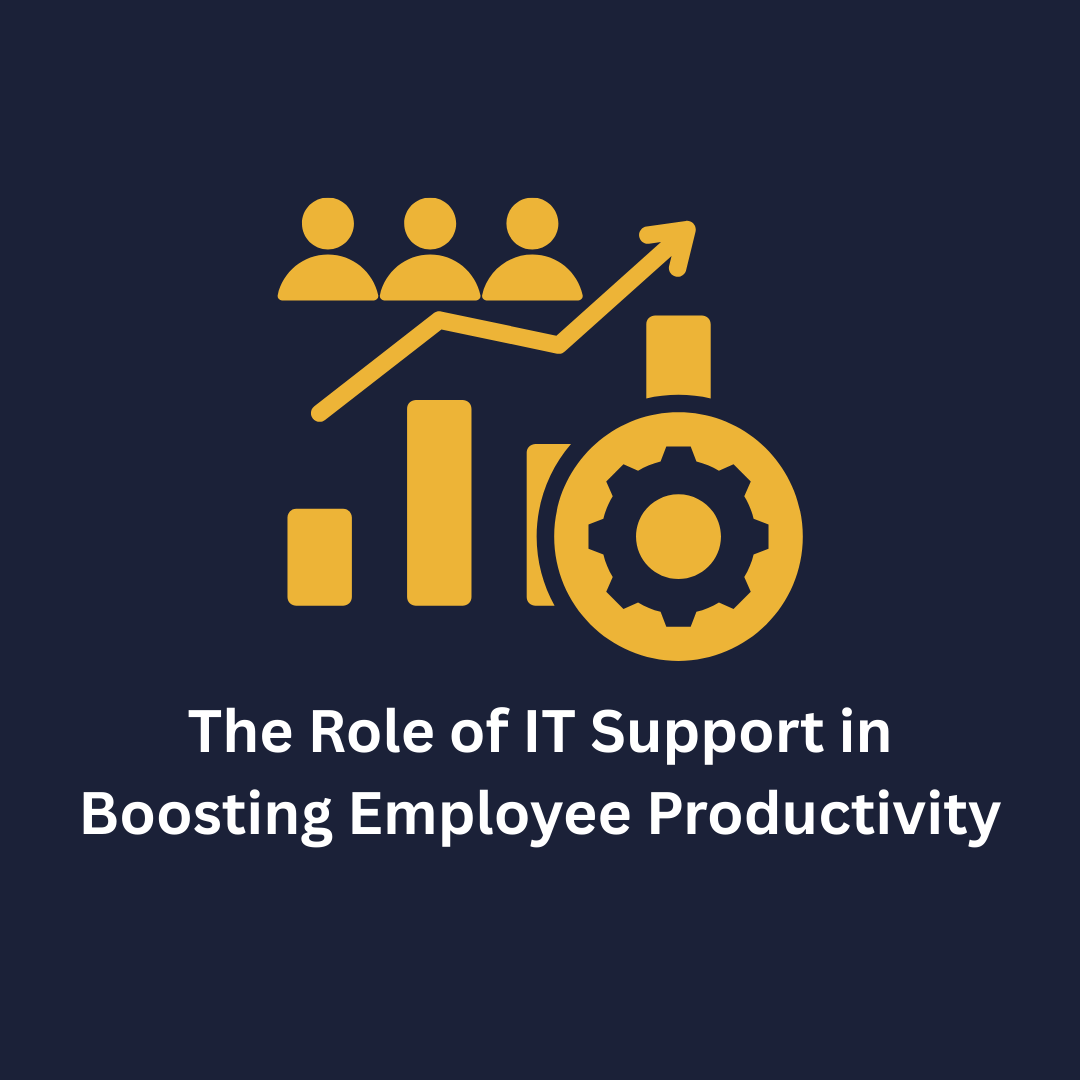


.png)



